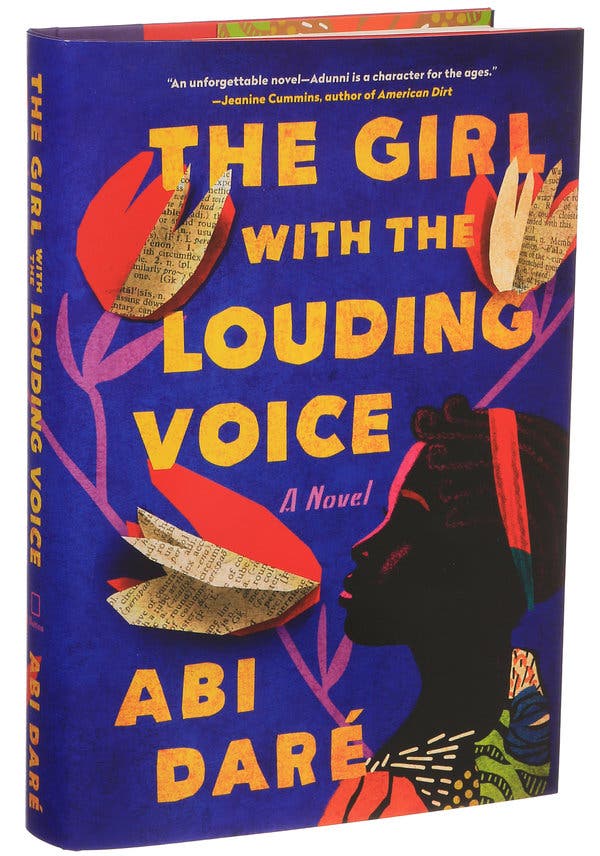How did you tap into that? What were some of the challenges of writing in that voice?
Nigerians speak something called pidgin English, and I knew I didn’t want to write in pidgin English because even the very educated people speak pidgin English. So I knew it wasn’t going to be that. I wanted it to be nonstandard English, whatever that meant. I thought by doing that, I could make it Adunni’s. It could be her own English, so to speak.
So the first thing I did was to watch as many Nigerian movies as I could. I was watching these movies of people in the market, and they would describe the political situation in Nigeria with broken English but with frustration at not being able to get out what they’re trying to say. I watched a lot of that.
I looked through Alice Walker’s “The Color Purple” over and over again. I know it’s not the same, but it was very helpful to see how Alice Walker did that, because I thought, “O.K., she’s very educated, so how did she get that out?”
Despite the broken English, you can really tell how bright and feisty Adunni is.
I wanted to explore the amount of talent and dreams and intelligence that we kill and waste when we don’t allow these girls to go to school, when we hire these young girls and get them to work. I wanted to show that this was a girl who dreamed. She is more than just a girl that needs to be up at 4 a.m. in the morning. She’s intelligent, and if she was given a chance, and other young girls in the world, they will shine and they will thrive. I really wanted her to come across as someone that was more than a girl that could not speak English. And this is why she makes that realization somewhere in the book that, look, it’s just a language. It’s not a measure of intelligence.

When Adunni arrives in Lagos, she has a hard time understanding class — she asks why she can’t talk to Big Madam, her employer, directly. I wonder if you could speak a little bit about that class distinction, and why she might not have been attuned to what it meant?
She’s from a village where everyone is kind of the same class. Then once she gets to Lagos and sees this wealth, I mean, that was a huge chasm. There’s a huge divide between the poor and the rich, and I saw that growing up. The people that work for families would be treated as if they were second-class citizens. She couldn’t understand it because she’d only known a society where everyone could speak to everyone. It’s just very strange to her. And also her personality, as well. She loves to speak and she loves to be heard.
 EU News Digest Latest News & Updates
EU News Digest Latest News & Updates



